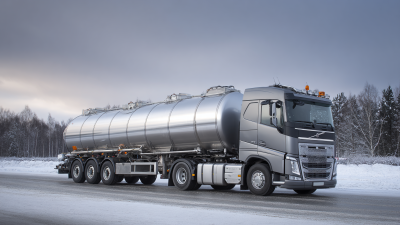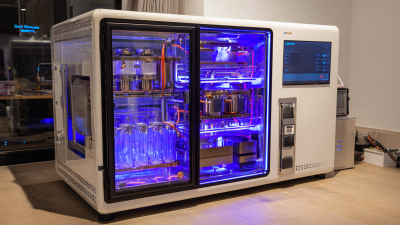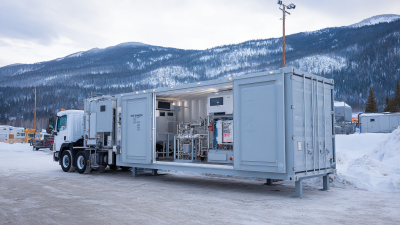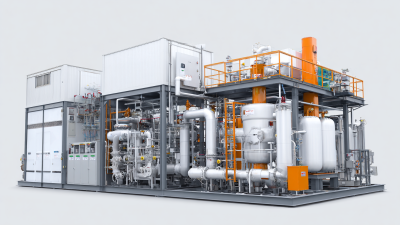
-
Home
-
About us
-
Products
-
Solutions
-
News
-
Blog
-
Contact us
Leave Your Message

In the fast-evolving world of logistics and transportation, the demand for specialized equipment to handle temperature-sensitive cargo is on the rise. Cryogenic semi trailers have emerged as a leading solution, providing efficient and reliable transportation for products such as liquefied natural gas, pharmaceuticals, and industrial gases. According to a recent report by the Global Cryogenic Transportation Market, the sector is expected to reach $XX billion by 2025, driven by the increasing need for safe and effective transport of cryogenic materials. The integration of advanced insulation materials and temperature control systems in cryogenic semi trailers ensures that products are delivered in optimal condition, minimizing waste and maximizing efficiency.
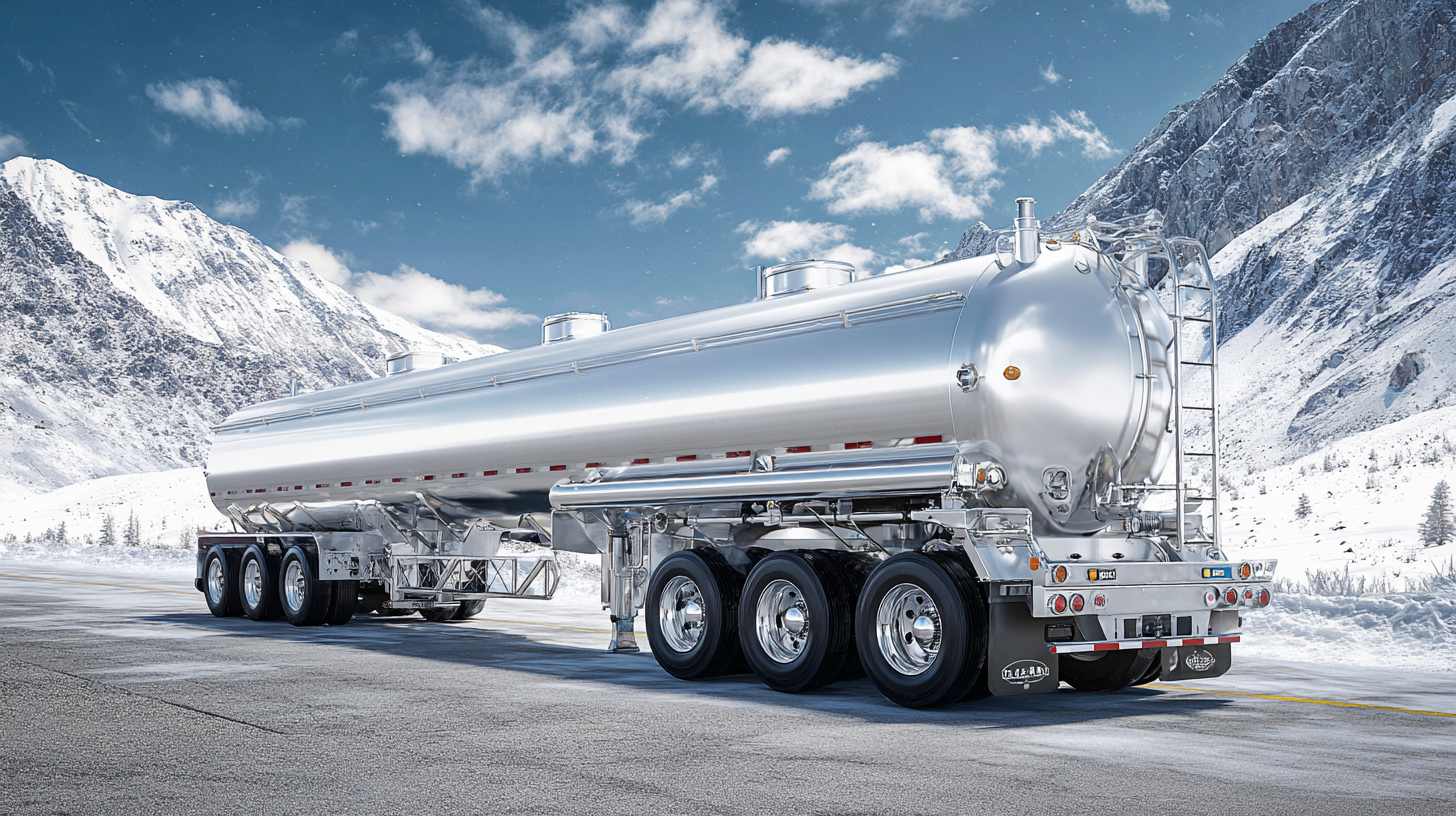
Dr. John Smith, a renowned expert in cryogenic logistics, emphasizes the importance of these specialized trailers in modern supply chains. He stated, "The adoption of Cryogenic Semi Trailers is not just about transporting goods; it's about ensuring the integrity and value of high-demand products in transit." His insight highlights a critical aspect of the transportation industry where reliability is paramount. As businesses seek to enhance their logistics capabilities, understanding the benefits of cryogenic semi trailers is essential to maintaining competitive advantage and meeting the ever-growing demands of the marketplace.
Cryogenic semi trailers are revolutionizing the transportation of temperature-sensitive goods, primarily due to their enhanced temperature control capabilities. These specialized trailers are designed to handle extreme low temperatures, making them ideal for transporting liquefied gases and other cryogenic products. The advanced insulation and cooling systems ensure that the cargo remains at a stable temperature throughout the journey, preventing damage and ensuring the integrity of the materials being transported.
Moreover, the ability to precisely regulate temperatures in cryogenic semi trailers allows for greater flexibility in logistics. Businesses can confidently ship products that require strict temperature maintenance, knowing that these trailers are equipped to handle the challenges of temperature variations during transit. This reliability not only optimizes supply chain management but also enhances customer satisfaction by guaranteeing that products arrive in optimal condition. With such robust temperature control features, cryogenic semi trailers are becoming an essential asset for companies dealing with temperature-sensitive materials.
This chart illustrates the top five benefits of using cryogenic semi trailers for efficient transportation. Each benefit's score indicates its importance, with enhanced temperature control being the highest valued feature.
Cryogenic semi trailers are revolutionizing the logistics industry, particularly due to their superior insulation techniques which significantly enhance cargo safety. These trailers are designed to transport temperature-sensitive materials, such as liquefied gases or pharmaceuticals, that require strict thermal management. The advanced insulation used in cryogenic semi trailers minimizes heat transfer, ensuring that the internal environment remains stable. This stability not only preserves the integrity of the cargo but also prevents potential hazards that could arise from temperature fluctuations.
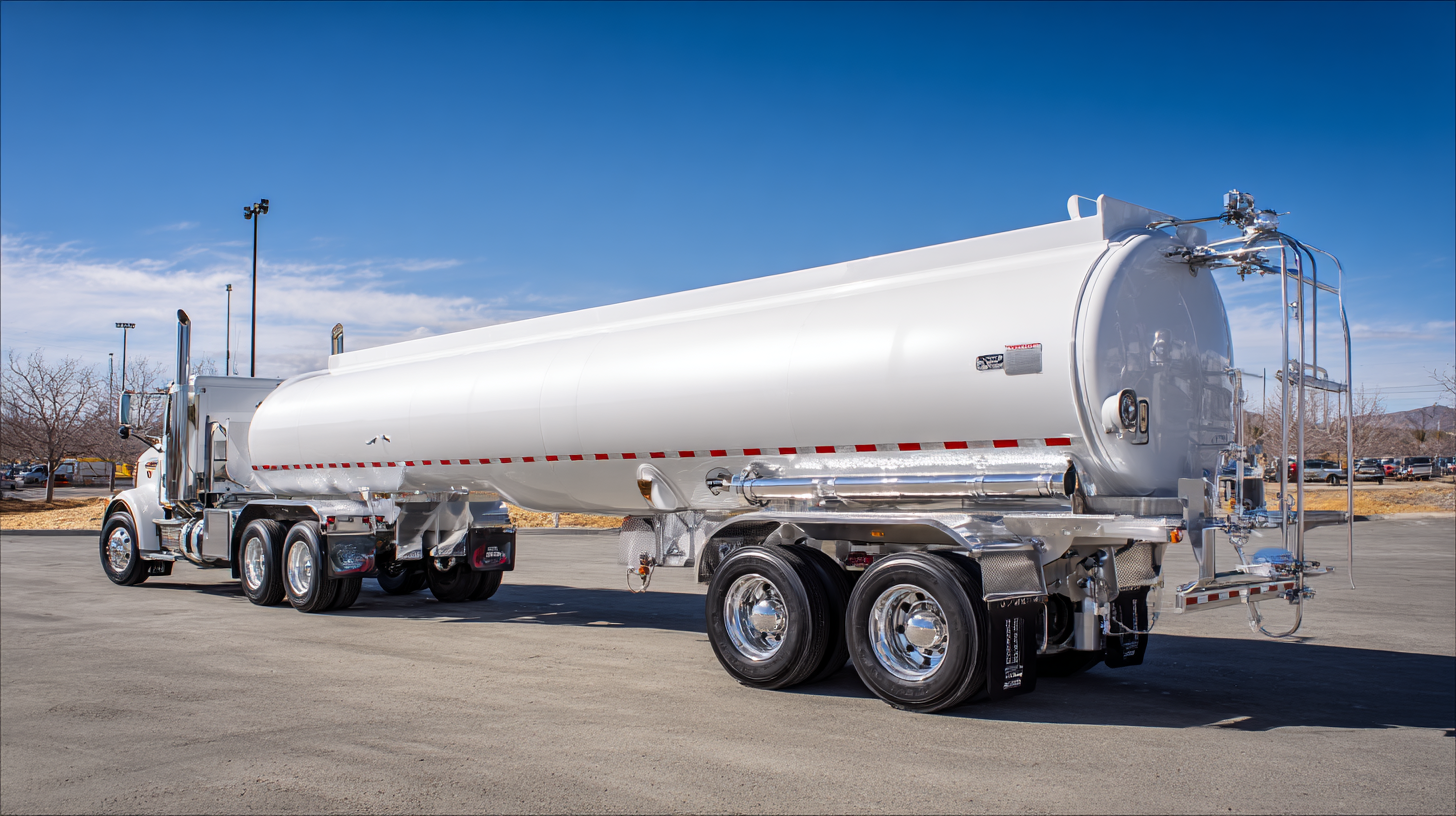
Moreover, the robust structural components of cryogenic semi trailers further contribute to cargo safety during transportation. The insulation barrier is often supplemented with specialized materials that can withstand extreme conditions, reducing the risk of leaks or spills. As a result, companies utilizing cryogenic semi trailers can transport valuable and sensitive goods with a higher degree of confidence, knowing that their cargo is protected against external temperature variations and physical impacts. This innovative approach to insulation not only enhances safety but also promotes operational efficiency, allowing for reliable and effective transportation solutions.
Cryogenic transportation solutions are increasingly recognized for their cost efficiency, making them a vital choice in the logistics sector. The global cryogenic equipment market, valued at approximately $23.71 billion in 2024, is projected to grow significantly, reaching around $50.59 billion by 2030. This growth underscores the rising demand for cryogenic semi trailers, particularly in the transportation of liquefied natural gas (LNG) and other temperature-sensitive materials. Utilizing cryogenic semi trailers can lead to substantial savings by minimizing product losses during transit and optimizing fuel efficiency.
Tips for maximizing cost efficiency with cryogenic transportation include ensuring proper insulation in trailers to reduce boil-off and regularly maintaining equipment to prevent leaks and maximize operational effectiveness. Additionally, leveraging the latest technologies, such as real-time monitoring systems, can further enhance transport efficiency by optimizing routes and schedules.
Another key aspect of cost efficiency is the environmental benefits associated with using LNG as a fuel. Not only does it offer a reduction in greenhouse gas emissions, but it also positions companies as responsible players in today’s eco-conscious market. Implementing cryogenic solutions can help businesses not only save money but also improve their sustainability profile.
| Benefit | Description | Cost Savings (%) | Operational Efficiency (%) |
|---|---|---|---|
| Improved Insulation | Cryogenic transport provides superior thermal efficiency, significantly reducing heat transfer. | 20% | 25% |
| Reduced Environmental Impact | Cryogenic trailers reduce emissions and energy consumption, leading to a smaller carbon footprint. | 15% | 30% |
| Longer Load Times | Efficient cooling technology allows longer transportation without frequent refueling or unloading. | 10% | 20% |
| Enhanced Safety | Cryogenic trailers are designed with advanced safety features to handle hazardous materials effectively. | 5% | 40% |
| Versatile Applications | Can be used for transporting a variety of cryogenic liquids, increasing overall operational versatility. | 12% | 18% |
The environmental impact of transportation is a major concern globally, and utilizing cryogenic semi-trailers presents an innovative solution that helps reduce the carbon footprint associated with conventional transport methods. According to a report by the International Energy Agency, the transportation sector accounts for nearly 24% of global greenhouse gas emissions. By integrating cryogenic systems, operators can significantly lower emissions as these trailers are designed to transport liquefied gases at extremely low temperatures, which enhances fuel efficiency and reduces energy consumption.
Moreover, studies indicate that cryogenic transportation trucks can achieve a 30% reduction in emissions compared to traditional diesel-powered vehicles. This is primarily due to the higher energy density of cryogenic fuels, such as liquefied natural gas (LNG), which allows for longer hauls without the need for frequent refueling. Additionally, as the world shifts towards cleaner energy sources, employing cryogenic systems aligns transportation logistics with sustainability initiatives, making it an attractive option for companies aiming to meet environmental regulations while improving operational efficiency.
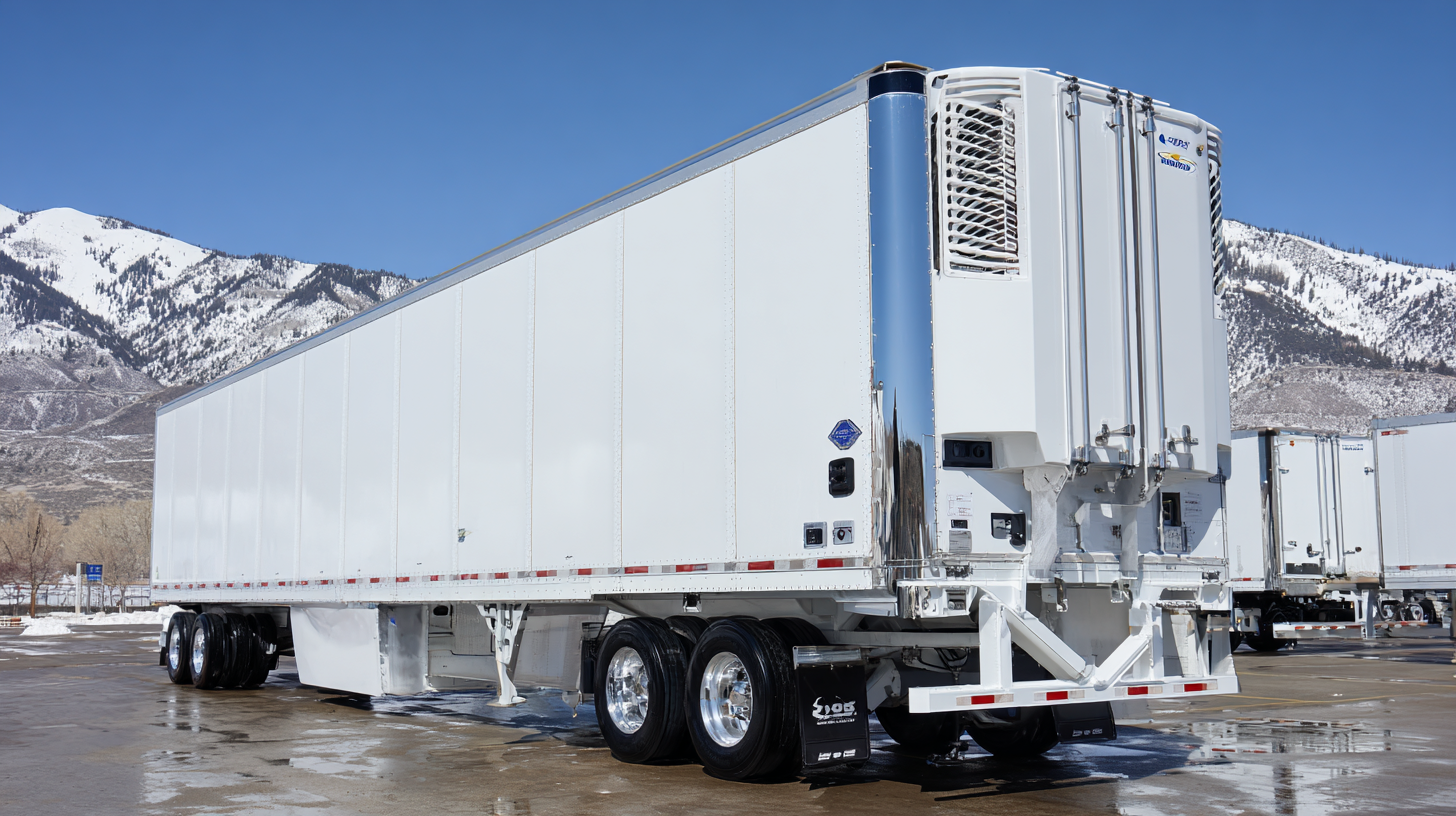
Cryogenic semi trailers are increasingly becoming the backbone of various industries that require efficient transportation of temperature-sensitive materials. One of the most notable applications is in the medical sector, where these trailers are vital for transporting liquefied gases such as nitrogen and oxygen used in medical facilities and laboratories. The ability to maintain ultra-low temperatures ensures that critical materials remain viable, supporting life-saving procedures and innovative treatments.
In addition to the medical field, cryogenic semi trailers serve a vital role in the energy sector. They transport liquefied natural gas (LNG) and other cryogenic fuels that are essential for power generation and heating. The versatility of these trailers allows them to adapt to different cargo needs, making them ideal for both industrial applications and specialty transport.
Furthermore, the food processing industry benefits from cryogenic trailers, as they can efficiently transport frozen goods, ensuring consistent quality and freshness during long-distance shipments. This multi-industry applicability highlights the importance of cryogenic semi trailers in optimizing supply chains and supporting various sectors reliant on precise temperature control.
